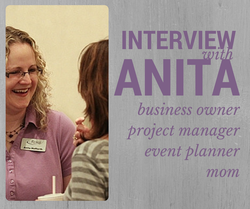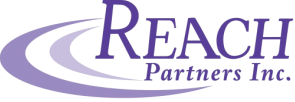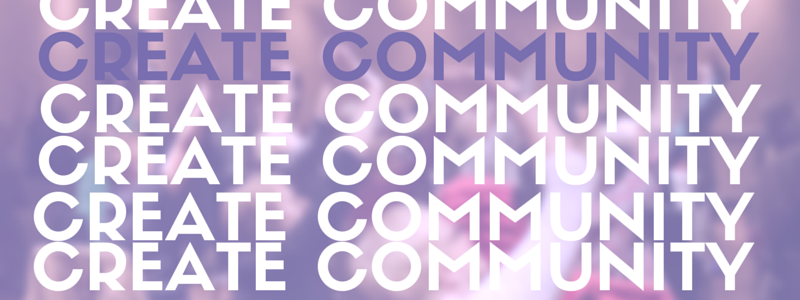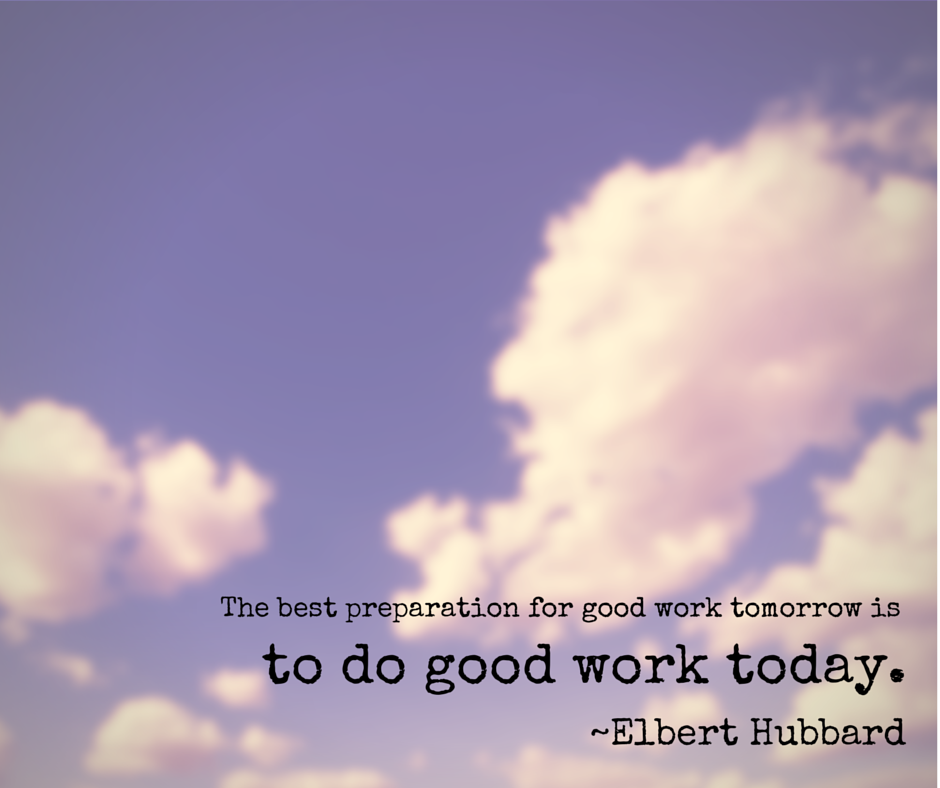 I was delighted to share my experiences when a college student studying event management emailed the following questions for an assignment of interviewing an industry professional. How long have you been involved in this industry? I’ve been managing projects, events, trainings and workshops since 1998. I’ve owned Reach Partners since 2005 and was employed by the company from 1998 to 2005. What education did you receive before getting involved in the industry? I have a B.S. degree from a liberal arts college (Concordia College, Moorhead) and majored in political science with a minor in women’s studies. I’ve learned much through experience. What is a typical day like for you? I don’t know if there is one! Reach Partners is a project management firm – we manage all kinds of projects, including events. Examples of other projects include managing the team and details to publish a book on an organization’s history, scheduling locations for a commercial video, handling the details for the creation and installation of a large piece of public art. What are your hours like? As the business owner I have the flexibility to be a Mom when I need - I can to go to my son’s football game in the middle of the workday - yet the work has to get done so I choose to work later at night after my kids go to bed. I’m in the office most of the time between 8-5 Monday through Friday and work evenings and weekends as needed for the project or event. What are some job responsibilities you have? As a small business owner, I do everything. In addition to client work, I manage the company finances, office and staff and I spend a great deal of time in marketing Reach Partners’ services through networking and project proposals. What are some certain skills and attitudes needed for success in this career?
Attention to detail. Attention and the willingness to double and triple check details. Can Do. I don’t stop just because a barrier gets in the way. I find a way to make it happen (so long as it’s not illegal). Calm. When an issue comes up in the middle of a project or an event, people tend respond emotionally because they are overwhelmed and under pressure. If I also respond emotionally, I can’t help the situation and a solution is not going to come any easier. This leads to the next point… Know that something always goes wrong. There’s no way around it. For an event, think through the day/s from a myriad of perspectives so that you can imagine a solution or imagine what you’ll need in place to respond, so when that one thing you didn’t think of actually happens, you have time to deal with the issue. You aren’t fully prepared if you haven’t planned for risks. It’s effortless (so it seems). When a project or an event is done well, people won’t see or understand the work and effort it takes to deliver. Honestly, that’s what I want in an event: all the right pieces in the right places. Often, it’s only when a detail is forgotten or a mistake is made (big or small) that people notice an event planner’s work. What is the most exciting part about your job? I get to work with passionate people, people who work in industries that care about the mission and the people they serve. I learn so much about their industry and topic when planning an event with them. For example, I’ve learned how I and the media communicate stories of suicide and balance of timeliness of news and not create additional stress on the surviving family or cause contagion (additional suicides). I love the challenge of creating the experience that the client has envisioned. I love when my planning allows an event to flow smoothly, without issues. Finally, I enjoy learning and growing to make the next event even better. Anita, Reach Partners
2 Comments
A friend of mine heads on a dream vacation – a weekend workshop retreat hosted by a favorite monthly publication that features great food and beautiful décor. I deeply admire her. See, she’s goes solo. My friend is tactful, open and delightfully amusing so I imagine she soon holds court with her fellow attendees yet her anticipation for the event makes me think of a blog post I recently read. In the post, the author Donna Kastner, a fan of the 1980s sitcom Cheers, relates the characters and what happens in the fictional bar to the experience of community at an event. The author invites us to consider someone like my friend, that solo attendee. She assumes the solo’s perspective to ask, “If… I don't know anyone else, will staff, volunteers and others even notice me? Will they go out of their way to invite me into conversations?” How is an event a community? And what’s the benefit?
A community is defined by the people that share in a place, for even a small amount of time, to engage in a like-manner over a shared problem, need or concern. The community is alive and changes throughout the duration of event: leaders appear and followers abide through all kinds of real and non-communicated rules that influence attendee patterns, communication and customs. (Almost) anyone can identify who is supposed to be there and who’s the outsider – an identity flags the insiders– those people with similar name badges. Whether someone registers with a team of 12 or another goes on her own, by being present, each person is a part of that event’s community. Many corporate events purposefully encourage peer-to-peer interaction for networking, social events rely on the creating an atmosphere of warmth and inclusion and in the educational setting interaction teaches or reinforces a new idea. That 30-second turn-to-your-neighbor-to-share-a-factoid is important way foster (or force) interaction that may lead to many shared ideas and new connections. The means are varied and it’s fun to brainstorm what will work to promote the intent and purpose of the event and to advance the sense of community:
How do you do it? How do you take note and invite others into conversation or to join you in the after-hours even? How do you create community? Rachel, Reach Partners
We had a blast at the Women’s Health Conference. It's a pleasure to see planning and details come together for an enjoyable, inspirational experience for women.
All day we enjoyed a socially engaged audience. Women tweeted, posted images images and actively used the hashtag throughout the event. Many thanks to Onsharp for their help to create that opportunity. If ever you need help in planning and implementing social media strategies, we highly recommend the Onsharp approach.
Read the Women's Health Conference full recap here.
|
Reach PartnersYour partners in leadership. Categories
All
Archives
July 2024
|
|
|
Reach Partners, Inc
3330 Fiechtner Dr. Suite 100 Fargo, ND 58103-2321 701-271-8170 Copyright (C) 2024 Reach Partners Inc.
|


